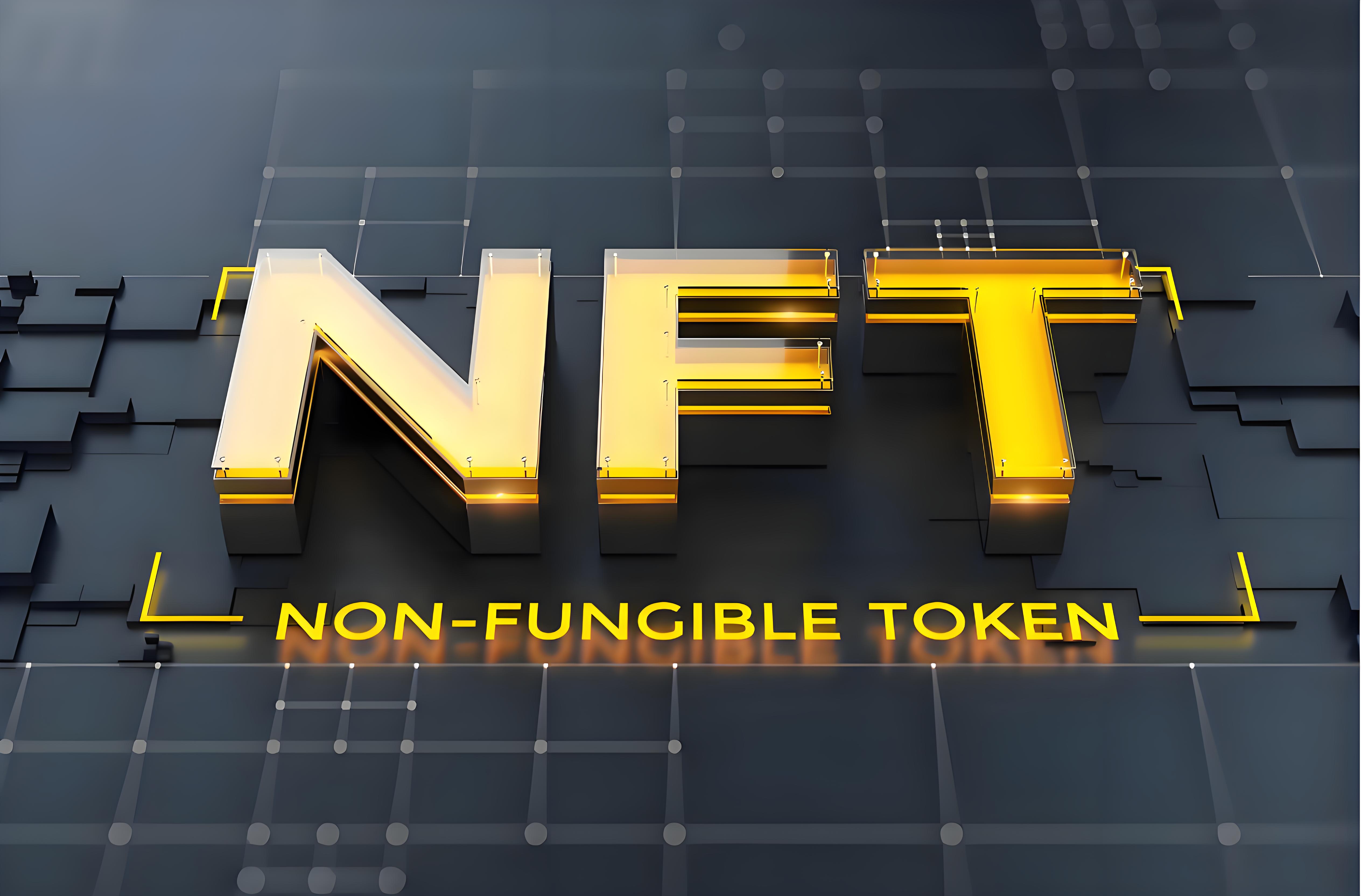

In the past, stocks were merely a financial tool for investors to participate in a company’s growth and profits through a brokerage account. Today, they’re undergoing a potential transformation in form—NFTization. Stock NFTization refers to the process of turning equity into a unique blockchain-based asset that is verifiable, transferable, and composable. This isn’t just a technical upgrade—it represents a structural reimagination of what “equity ownership” could be.
While traditional stocks are digitized, they still exist as centralized ledger entries. Investors don’t actually “hold” the asset directly. NFTs, as non-fungible tokens, are verifiable on-chain assets with clear ownership records. When a stock is presented in the form of an NFT, it can carry more than just value—it may include the holder’s identity, voting rights, dividend entitlements, and more, all executable via smart contracts. This makes the concept of “what you own” far more concrete and transparent.
With stock NFTs, equity can be fractionalized. A single share can be split into multiple NFT units, dramatically lowering the entry barrier for participation. Retail investors can purchase 0.1% of a startup’s early-stage equity as an NFT, freely trade it, or even join governance activities. This shift democratizes investment—moving capital ownership from exclusive hands to a broader, more inclusive base—and also helps companies fundraise faster and build stronger communities.
For companies, NFT-based equity offers a brand-new way to raise capital. It bypasses the complexity of traditional private placements or IPOs and allows global participation in a more flexible, cost-effective manner. At the same time, companies can gain real-time visibility into shareholder structures, distribution history, and voting activity via blockchain data—enhancing operational efficiency and building investor trust.
Of course, stock NFTization is still in its early stages and faces not only technical hurdles but also legal and regulatory ones. In many countries, any NFT tied to actual equity may fall under securities laws, requiring full compliance with local rules. This is why most current use cases are limited to unlisted companies, small-scale fundraising, or “rights-based” NFT models. In addition, public understanding of NFT assets, wallet security, and liquidity risks remain areas that require further education and development.
Stock NFTization isn't meant to overthrow the traditional markets but to gradually extend the reach of equity ownership—starting at the edges and working its way inward. By making financial participation more open, it offers everyone—not just institutions—the chance to engage with the world of capital. When infrastructure improves and regulatory clarity arrives, we may no longer need a brokerage account to own a share of a company—just one NFT in a wallet could be enough. And that future may be closer than we think.